
QANTAS: Market update given at the Annual General Meeting
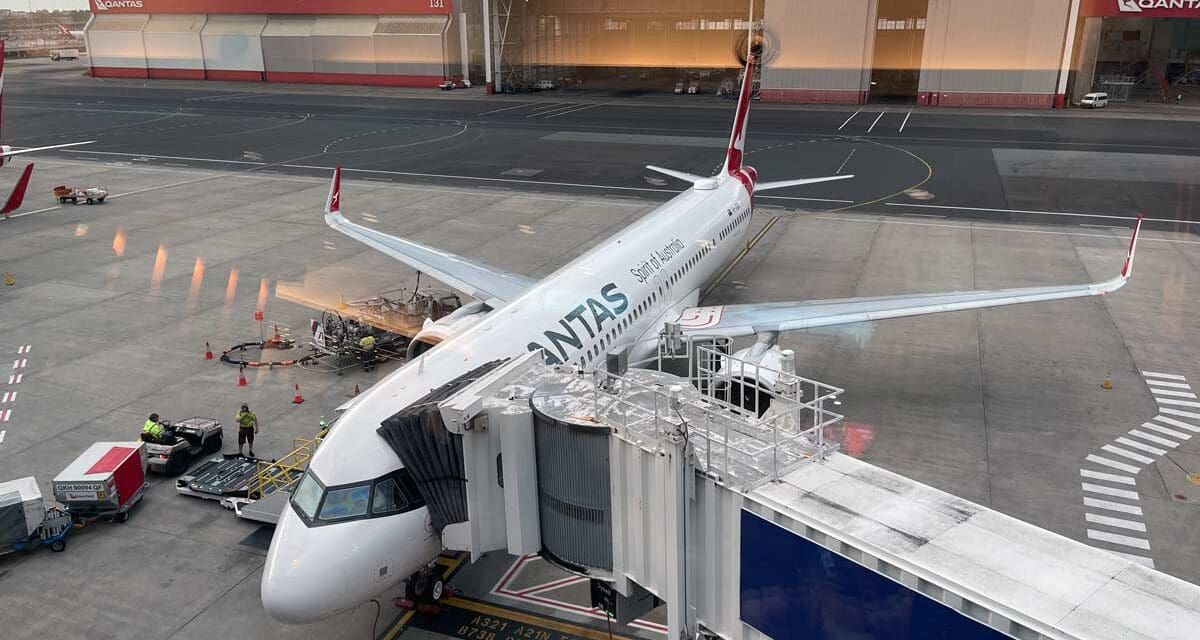
The Qantas Group, although reporting solid trading conditions, warns that some potentially adverse ones are on the horizon.
Domestic revenue growth trimmed
Qantas expects ‘Group Domestic unit revenue’ to grow by approximately 3% in the first half of the 2026 financial year (FY26). That’s the lower end of what it previously predicted in its guidance to the market. The airline believes that the leisure, small to medium enterprises and resource sectors will remain strong, but that corporate business flying not related to the mining sector is not growing as fast as it had previously predicted.
To put it bluntly, domestic leisure is doing the heavy lifting, while the higher-yield corporate travel is still sputtering since the height of the pandemic.

International stable for now — but capacity delays loom
Qantas still thinks international travel will grow by between 2 and 3%) but is predicting that capacity will be ‘slightly lower’ than previously predicted. The loss of capacity follows delays in returning the A380 fleet to service. The airline also flags that the record US government shutdown, although it has not yet impacted revenues, needs to be closely monitored.
That advice may sound reassuring, but the mention slightly lower capacity suggests Qantas is proactively managing risk rather than full-throttle growth.
Loyalty unit stays the bright spot
Qantas Loyalty, which, over flying is the engine room for revenue, is on track for 10–12% underlying growth in the first half of financial year 2026. That’s the same as previously predicted.
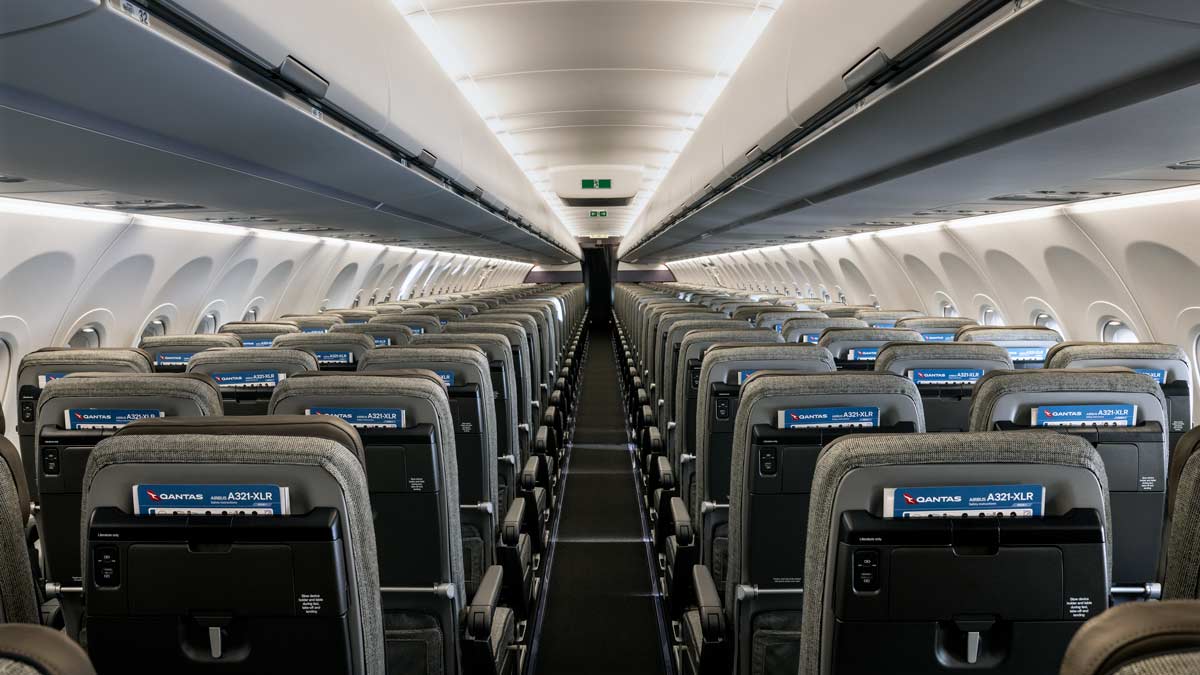
Costs aren’t sleeping
Geopolitical instabiity is being felt through higher fuel costs. Qantas forecasts the assumed jet fuel price wil be AU$134/barrel which is well above historical norms. It also thinks that carbon offsets will increase in price. Both of these input costs will drive up costs, while revenue is more constrained.
Jetstar restructuring
The low-cost division Jetstar is dealing with some legacy issues, including the wind-down of Jetstar Asia which ceased operations on 31 July. That’s going to cost the Qantas Group around A$30 million. Plus, there will be some ongoing lease libility of about A$20 million linked to the Japanese Yen.
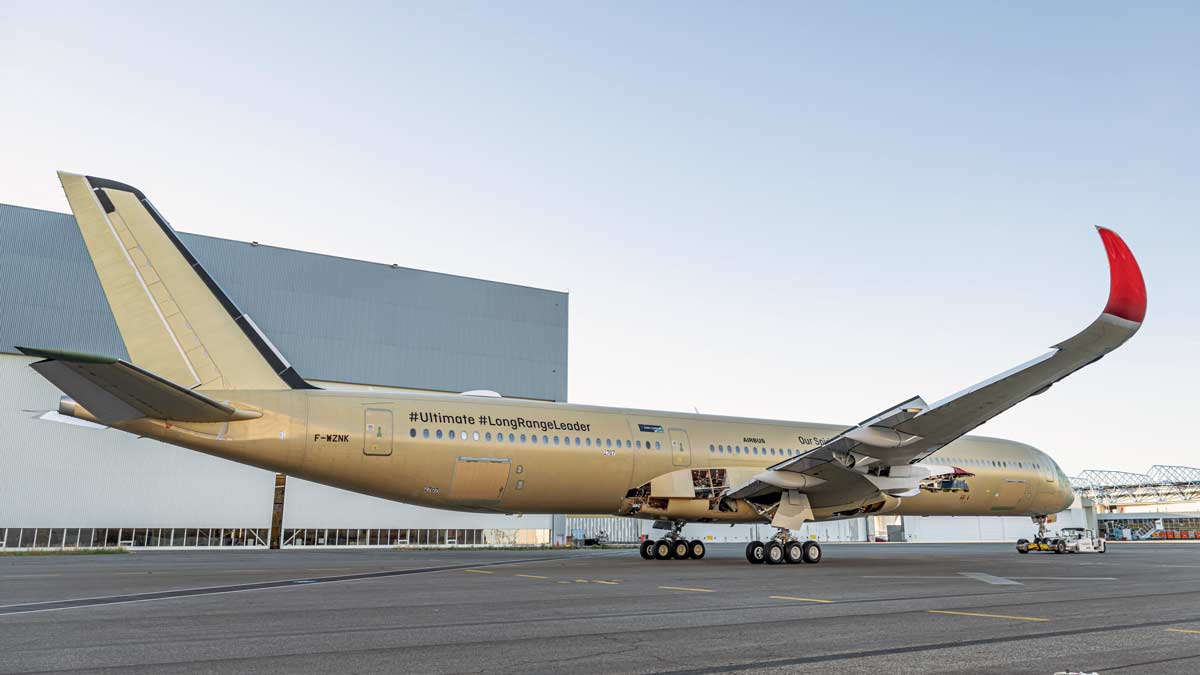
What the analysts are whispering
Several advisors regard Qantas shares as fully valued, seeing little upside in the short term. While seeing immediate returns as solid, they are wary of the airlines’ historically high capacity and cost pressures in the light of international competition.
Others examine the disparity in profit margins between domestic operations, which stand at 26%, and international operations, which lag behind at 15%. They believe that expected intense global competition will put severe downward pressure on that margin.
From a regulatory persect the Australian Competition & Consumer Commission (ACCC) has raised questions about the sustainability of margin gains when more capacity hits the domestic market. Remember that Qantas has seen the elimination of a couple of competing airlines in recent years, including Bonza and REX.
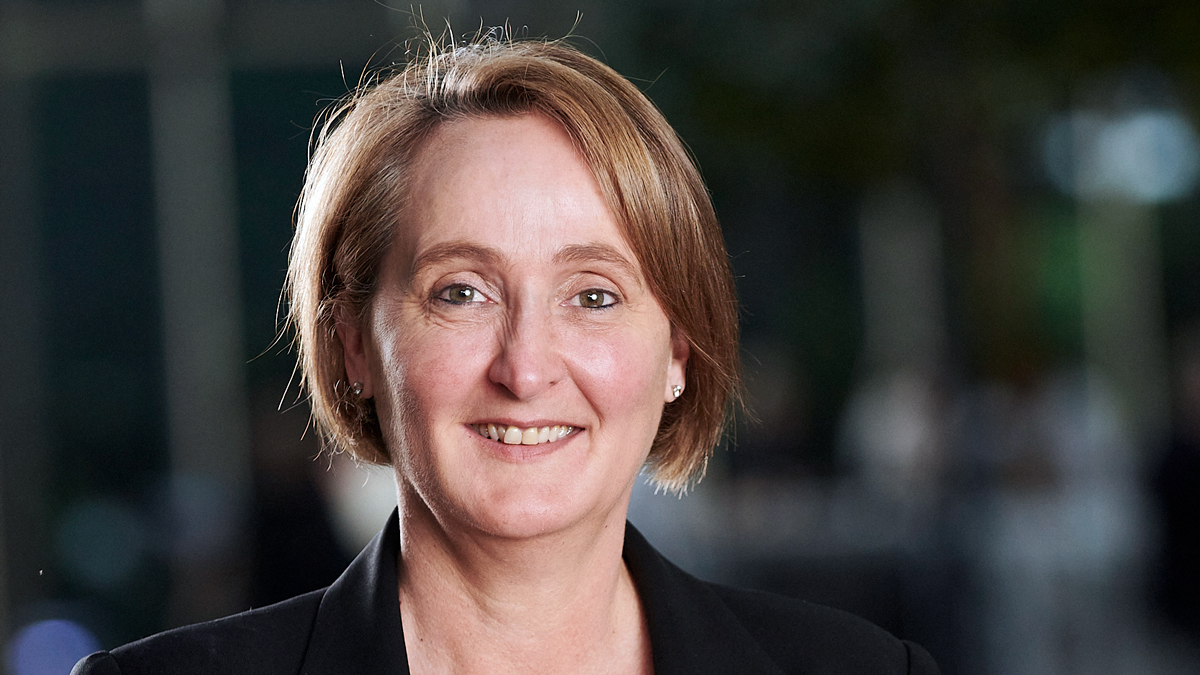
2PAXfly Takeout
Qantas has had a bumpy ride recently, with controversy surrounding its CEO, the illegal sacking of workers, and massive fines. New CEO Vanessa Hudson seems to be making necessary and positive changes, many of which will benefit customers. However, it looks a little like once Qantas has weathered this storm, the next one will arrive in the guise of international and possibly domestic competition.
Qantas has enjoyed a bumper share price, and is even paying a dividend this year, but that may be where the good news ends, or at least slows down. I’m a Qantas shareholder, so I have been very pleased with their current performance. But I am not new to the Airline business, and know that one challenge is soon followed by another, and that’s only the ones you can predict. Some, like the pandemic, or 9/11 just come out of nowhere, and can devestate.
The best that can be hoped for is probably ‘steady as she goes.’ And even that will require some inspired leadership and management. Still, there is plenty to look forward to, including the fleet refresh, which his just started, and of course, the still revolutionary Project Sunrise. I don’t personally like the idea of being trapped on an airline for 20 hours and paying a 20% premium for it. But apparently, if the Perth to London service is any test, many people do.

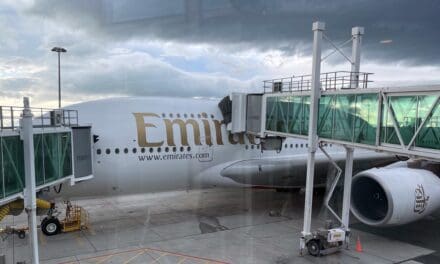
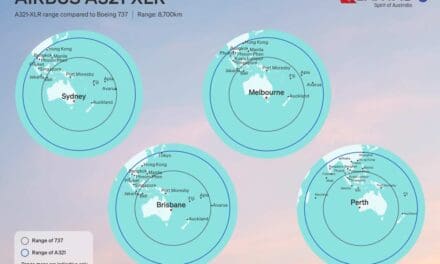
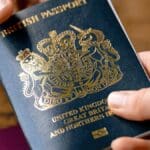

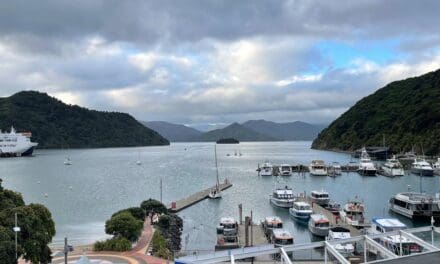


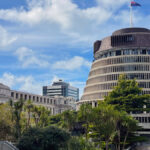


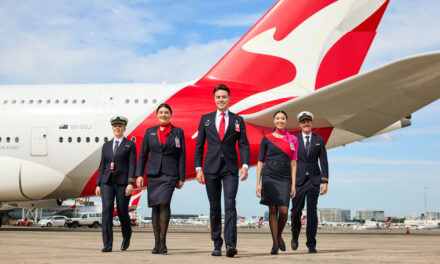
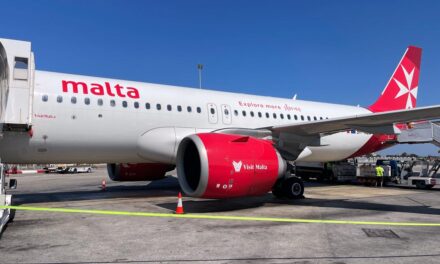












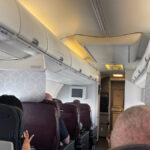



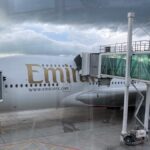





What did you say?